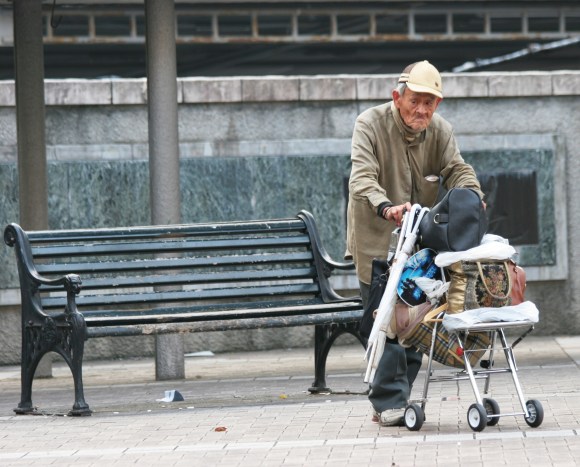
As Japan’s population continues to grow older, the nation is having to change to cope with the challenges that come with this aging demographic. The following story is just one unfortunate example of how current systems can fail to meet the needs of the elderly.
The gist of the case, which will strike anyone as ridiculously unfair, is that an elderly man suffering from dementia could lose his house for failing to turn up to court proceedings.
A few years ago the man bought a used car, but as he would withdraw his pension as soon as it was deposited in his bank account he ended up in arrears on the loan.
As he had signed the documents himself, the court accepted an official lawsuit. When the man did not appear at the courtroom, the court accepted the company’s claim against him as per the Civil Proceedings Act, meaning that he automatically lost his case.
However, due to his dementia, he hadn’t even been fully aware that he was being taken to the civil courts. The court ruled that the man’s house would be foreclosed and auctioned off, as the real estate company who filed the suit had requested.
After the court ruling his relatives spoke with a lawyer, who stated that ‘the man did not have the capacity for judgment to proceed with a law suit.’ He said that rendered the court’s decision ‘invalid’, and has sought temporary measures to put a stop to the auction. He also called it an ‘institutional defect’ that a civil action suit could be filed without checking up on the mental state of the defendant.
Experts have pointed out the necessity for the legal system to take into account the person’s power of judgment, and offer protection for those involved via adult guardianship. Of course these systems can also be abused, but their existence offers much-needed protection for the vulnerable in society. As Japan’s aging population expands, the country’s institutions will have to respond appropriately in order to keep the elderly safe, and reduce the risk of defenseless and confused people facing possibly life-destroying situations such as this one.
Source: Hachima Kikou
Image: Wikimedia Commons